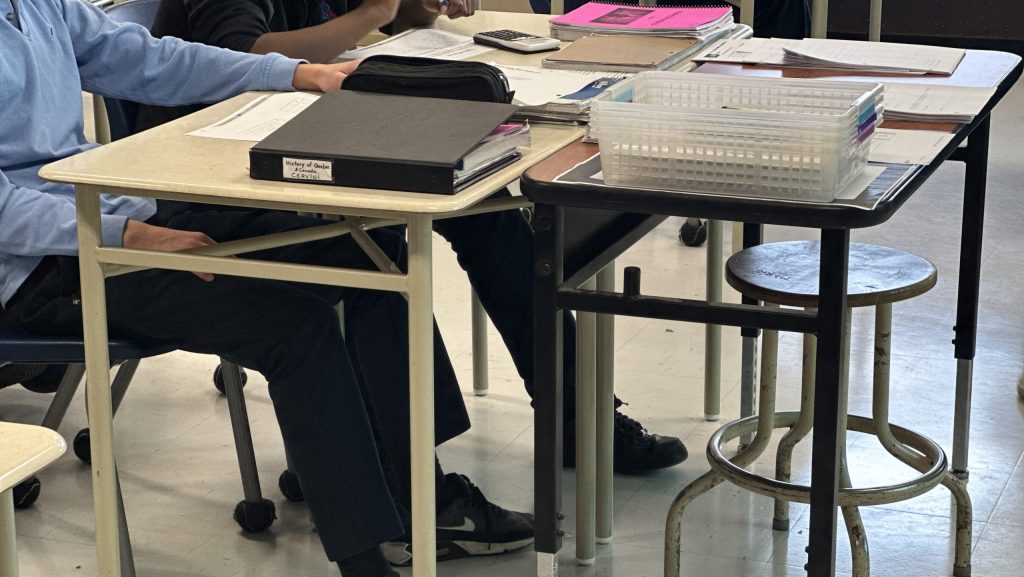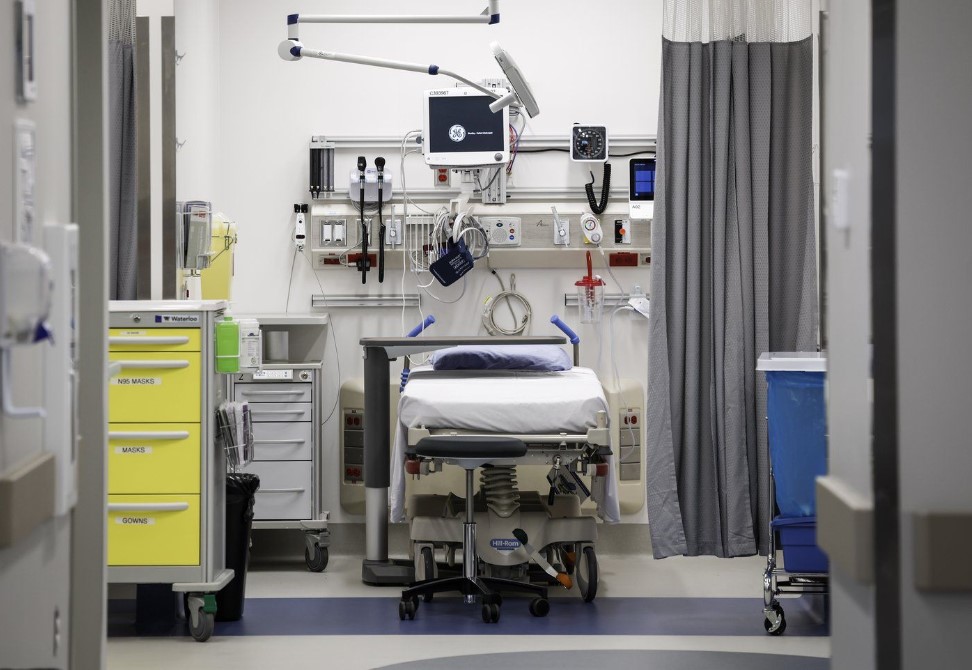How much will gas cost in Edmonton this spring?

Posted April 11, 2023 11:40 am.
Last Updated April 11, 2023 12:23 pm.
The price you pay at the pump might already be a shock for some, and as we head into the road trip season, several factors could lead Edmontonians to see a heftier fuel bill.
According to GasBuddy, the average is 138.7 cents per litre.
In 2020 on this day, gas was sitting at 61 cents per litre.
In addition, an increased 14.3 cents per litre for the federal carbon tax is playing a role, and with prices not expected to go down any time soon, some people aren’t too pumped about it.
“It’s a bit to digest, and it adds up. It’s a compound expense, I guess. Not so much one fill-up, but when you accumulate 52 fill-ups a year, it’s brutal,” said one person to CityNews.
“I remember the days when it was like $30 to fill a car. I know that’s gone now, but it is a struggle when it’s over $100,” another person said.
However, some people note it may lead to different choices in how they commute.
“I ride my bike everywhere, so I don’t know. If it promotes less people to drive, I’m ok with that,” one individual said.
“I fill (my) car up every two months, so it’s ok for me. I know I’m the minority here, but I know it hurts a lot of people.”
Related Stories:
-
Most Canadians got more from carbon-price rebates than they spent in 2021: report
-
Federal 2023 budget receives mixed reaction in Calgary
-
‘Slight’ win for Calgary bar and restaurant owners with 2% federal alcohol tax
Meanwhile, the federal carbon tax isn’t the only factor fueling the jump in gas prices.
The chair of the World Petroleum Council in Canada, Richard Masson, says with the Organization of the Petroleum Exporting Countries (OPEC) announcing a surprise cut in the amount of crude they plan to pump, along with the war in Ukraine and the increase in demand for oil as China comes out of lockdown, this outcome was anticipated.
“All those big macro factors are putting pressure on oil prices to move up, and that leads to higher gasoline and diesel prices,” Masson said.
Even though the price of the pumps can be daunting for the whole of Alberta and the economy, he says there are some positives.
“Higher oil prices translate directly into more corporate revenue, so more hiring, it means more government revenue through taxes and royalties. Our economy is stronger when our prices are high,” Masson said.
“For Alberta, it hurts us as consumers but benefits us as taxpayers and owners of the resource.”
Related Video
But Kris Simms, the Alberta director for the Canadian Taxpayers Association, says Albertans need to prepare for the federal mandatory minimum carbon tax to triple by 2030.
“We can’t afford this. This is causing poverty. It’s one of the direct reasons we’re seeing record demand for food banks,” Simms said.
“Folks who are spending 10 bucks extra per minivan, 16 bucks extra per pickup truck and 150 per big rig fill — triple that cost within the next seven years. If you can’t afford that, you have to pick up the phone and tell your politicians that.”








